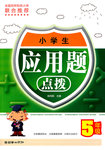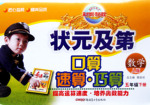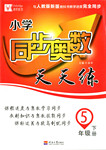题目内容
Did you come to any ___ at the meeting this morning?
A. argument B. results C. opinions D. conclusions
D
解析:
略

 应用题点拨系列答案
应用题点拨系列答案 状元及第系列答案
状元及第系列答案 同步奥数系列答案
同步奥数系列答案信息匹配(共5小题;每小题2分,满分10分)
阅读下列应用文及相关信息,并按照要求匹配信息。请在答题卡上将对应题号的相应选项字母涂黑。
首先,请阅读下列应用文:
The weekly magazine tells what you need to know if you’re thinking of traveling. Helpful advice on what to pack and what to buy once you’re there. Lots of colour photos to help you choose the best hotel, the cheapest flights and a special guide to different climates each week. |
|
E. Wired This magazine is designed for leaders in the field of information engineering including top managers and professionals in the computer, business, design and education industries. Published by Conde Nast Publications Inc, Wired often carries articles on how technology changes people’s lives. |
|
F. EUROPE NEWS The weekly magazine keeps you in touch with what’s happening. Filled with facts and figures about almost everything you can think of, plus articles by our regular writers on the week’s most interesting new stories. Special back page sums up the news for the busy readers. |
请阅读以下读者的信息,然后匹配读者和他/她最适合的杂志:
61. Bill travels a lot when he was younger. Now that he has stopped his work, he enjoys reading about foreign people, places and customs even if he has already visited that part of the world.
62. Emi is a university student studying Italian and Politics. She doesn’t have much time to read anything very detailed but she is looking for something with plenty of news and information.
63. Ben serves as an assistant to the general manager of an American company in Los Angeles. He is very interested in management and the use of high technology.
64. Up till now Brigitte has never traveled far so this year she has decided to go abroad for the first time. The travel agent suggests that she should read about various countries first before choosing her holiday.
65. Susan likes shopping. She is interested in buying clothes and she needs to be offered advice on clothes.